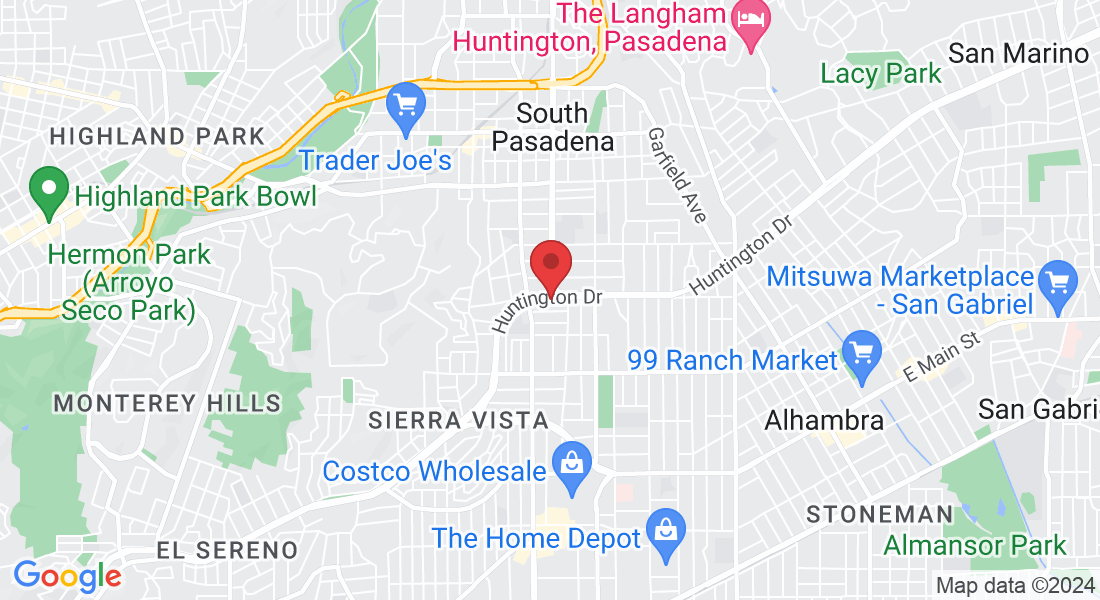Blog & Resources

Anxiety vs Intuition: Understanding the Difference
Anxiety and intuition are two concepts that are often misunderstood and confused with each other. While they both involve feelings and emotions, they are fundamentally different in nature. Understanding the distinction between anxiety and intuition is crucial for managing our emotions and making informed decisions. In this blog, we will delve into the differences between anxiety and intuition, explore the various feelings and emotions associated with each, and discuss coping strategies for dealing with anxiety.
Anxiety
Anxiety is a common mental health condition characterized by feelings of worry, fear, and unease. It often manifests as physical symptoms such as a racing heart, sweating, and difficulty breathing. Anxiety is usually triggered by specific stressors or perceived threats, and it can be debilitating if left unmanaged.
Feelings and Emotions Associated with Anxiety
Fear: Anxiety is often accompanied by a sense of fear or dread about future events or outcomes.
Racing Thoughts: Anxious individuals may experience a constant stream of negative thoughts and worries.
Physical Symptoms: Anxiety can manifest as physical symptoms such as sweating, trembling, and dizziness.
Restlessness: People with anxiety may feel restless or on edge, unable to relax or focus.
Intuition
Intuition, on the other hand, is a gut feeling or instinctual knowing that arises without conscious reasoning. It is often described as a deep sense of knowing or a subtle inner voice that guides us in making decisions. Intuition is a valuable tool for navigating life's uncertainties and making choices that align with our true selves.
Feelings and Emotions Associated with Intuition
Clarity: Intuition provides a sense of clarity and certainty about a decision or course of action.
Peace: Following your intuition can bring a sense of peace and alignment with your values and beliefs.
Trust: Intuition fosters a sense of trust in oneself and the universe, allowing for a deeper connection to one's inner wisdom.
Empowerment: Acting on intuition can lead to feelings of empowerment and confidence in one's choices.
Coping Strategies for Dealing with Anxiety
Grounding Techniques: When experiencing anxiety, grounding techniques can help bring your focus back to the present moment. Practice deep breathing, mindfulness, or sensory grounding exercises such as focusing on objects around you or the sensation of your breath.
Self-Care: Engaging in self-care activities can help alleviate anxiety symptoms. Take time to rest, exercise, eat nourishing foods, and engage in activities that bring you joy and relaxation.
Understanding the differences between anxiety and intuition is essential for our mental and emotional well-being. By recognizing the unique characteristics of each and implementing coping strategies for managing anxiety, we can navigate life's challenges with greater clarity and resilience. Remember to listen to your intuition and practice self-care to foster a sense of inner peace and well-being.

Exclusive Interview: Fabiola Lopez's Journey Into Inner Child Healing With Hypnotherapy And Coaching
Inspiring Conversations with Fabiola Lopez of South Pasadena Hypnosis


Meet Fabiola Lopez | Clinical hypnotherapist & Trauma Recovery Coach
Office: 1499 Huntington Dr, Suite 328 South Pasadena, CA 91030
Email: flopez@southpasadenahypnosis.com





